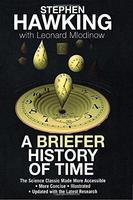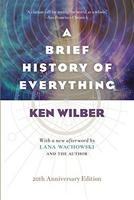Subject

photo credits: Wikimedia Commons
Cosmology (from Ancient Greek κόσμος (cosmos) 'the universe, the world', and λογία (logia) 'study of') is a branch of physics and metaphysics dealing with the nature of the universe, the cosmos. The term cosmology was first used in English in 1656 in Thomas Blount's Glossographia, and in 1731 taken up in Latin by German philosopher Christian Wolff, in Cosmologia Generalis. Religious or mythological cosmology is a body of beliefs based on mythological, religious, and esoteric literature and traditions of creation myths and eschatology. In the science of astronomy, cosmology is concerned with the study of the chronology of the universe. Physical cosmology is the study of the observable universe's origin, its large-scale structures and dynamics, and the ultimate fate of the universe, including the laws of science that govern these areas. It is investigated by scientists, including astronomers and physicists, as well as philosophers, such as metaphysicians, philosophers of physics, and philosophers of space and time. Because of this shared scope with philosophy, theories in physical cosmology may include both scientific and non-scientific propositions and may depend upon assumptions that cannot be tested. Physical cosmology is a sub-branch of astronomy that is concerned with the universe as a whole. Modern physical cosmology is dominated by the Big Bang Theory which attempts to bring together observational astronomy and particle physics; more specifically, a standard parameterization of the Big Bang with dark matter and dark energy, known as the Lambda-CDM model. Theoretical astrophysicist David N. Spergel has described cosmology as a "historical science" because "when we look out in space, we look back in time" due to the finite nature of the speed of light. Source: Wikipedia (en)
Works about cosmology 18
Dark Matter and the Dinosaurs
-
El universo para Ulises
A Briefer History of Time
-
Alpha & Omega
The Constants of Nature
The Whole Shebang: A State-of-the-Universe(s) Report
Wrinkles in Time
A Brief History of Time
Cosmos
-
Physical cosmology / P. J. E. Peebles
-
Cosmology
-
The observational approach to cosmology
The Expanding Universe / Arthur Stanley Eddington
-
The Animate and the Inanimate
-
An Original Theory or New Hypothesis of the Universe
-
Cosmic Evolution

On the Heavens
A Brief History of Everything
Subject - wd:Q338








